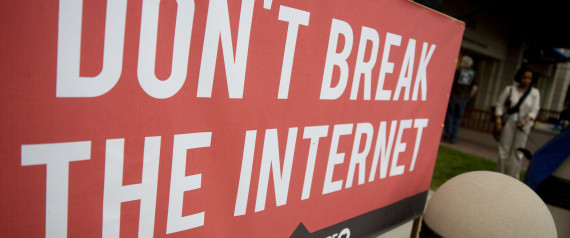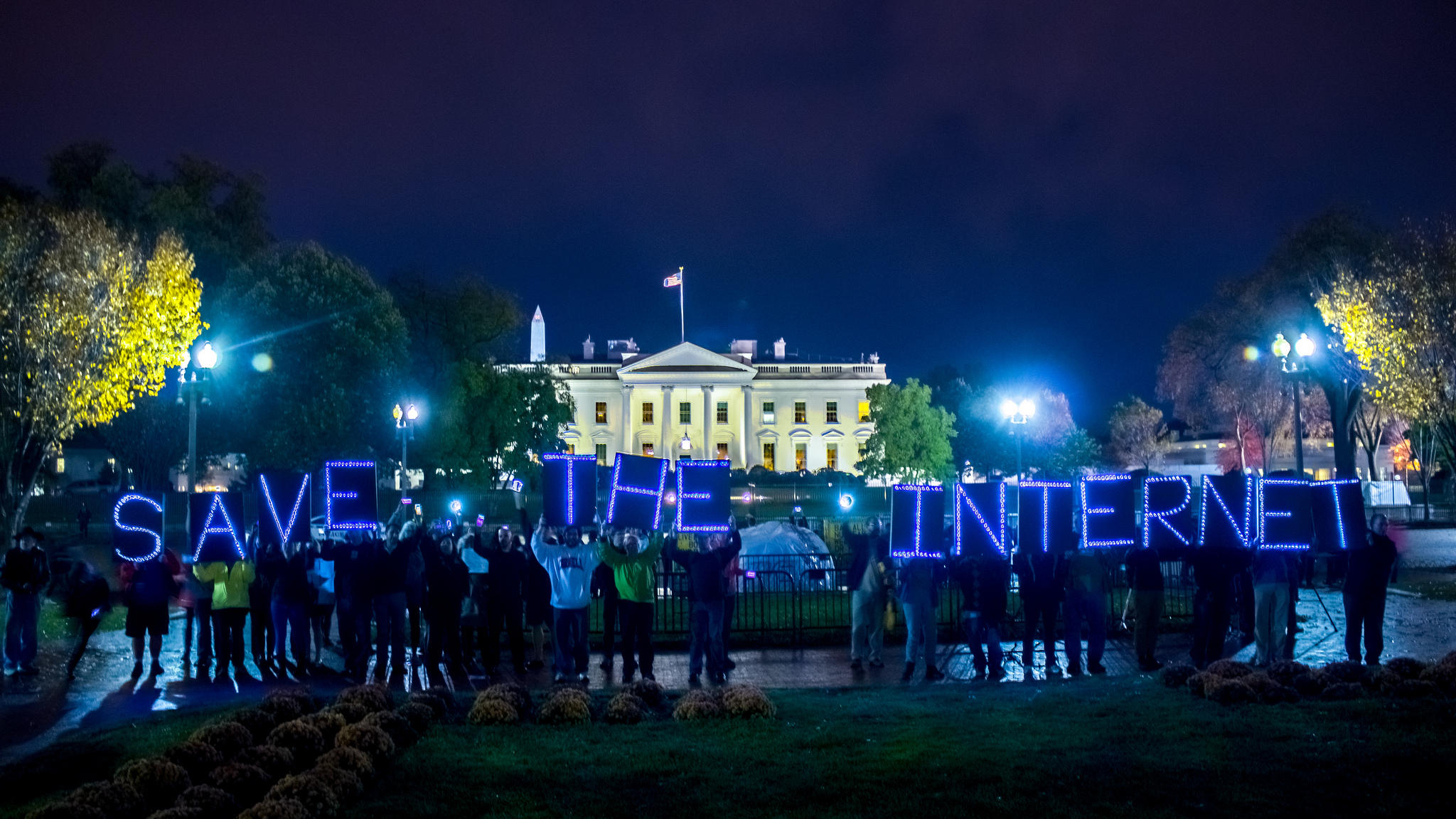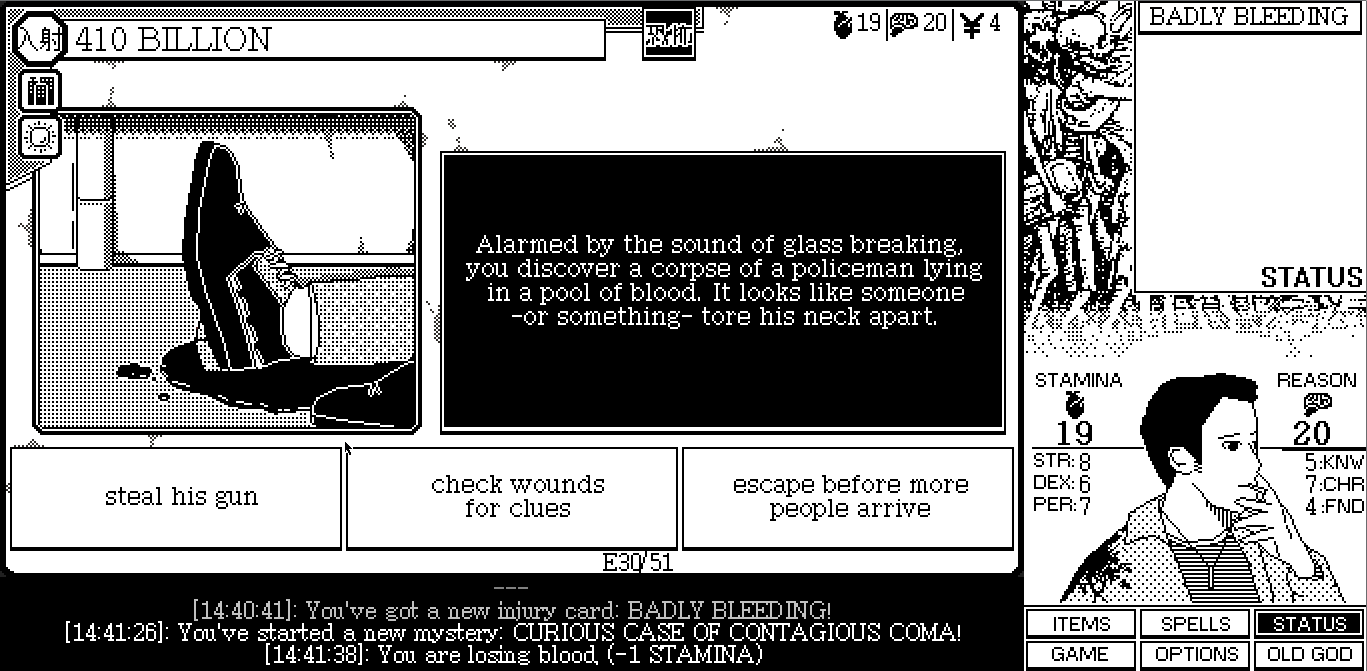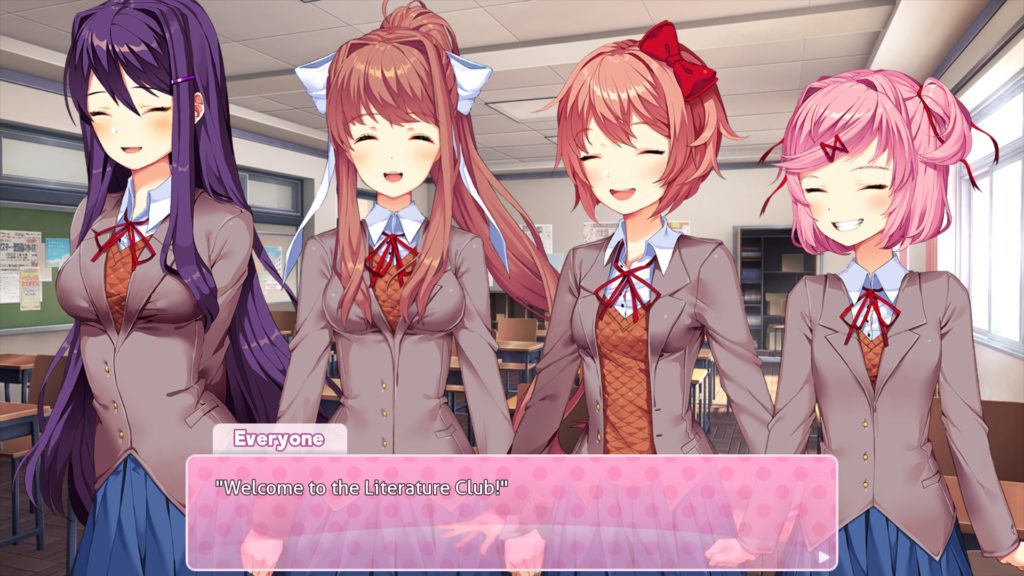The Fight For Net Neutrality

Photo Credit: Huffington Post
Brandon M. Evans, Special to the Live Wire
I think by now we are all sick of hearing the threats of whether or not the Internet will either stay free for all to use, or thrown to the cable companies causing a new age apocalypse no one ever saw coming. It is said that if the cable companies own parts of the Internet, then owning internet service becomes more expensive, and less people can use it. So what is Net Neutrality and why should you care? Let’s start with some computer science 101.
When you use your computer at home to watch hulu, go on Netflix and watch your favorite anime or TV Show, or to use Facebook, you are sending out packets of data to your server, which in turn sends information to your service provider. Now this is where net neutrality and all its controversy come in. Net neutrality is the argument that the service providers that provide you with Internet access to treat all your packets of data the same way. Treating your Internet traffic all the same means the ISP should not charge neither you nor certain companies that depend on the Internet for faster Internet to you for access to certain Internet services.
Net Neutrality opponents argue that if the ISPs cannot collect fees from companies who take up an outsized portion of their bandwidth, they lose the incentive to maintain and upgrade the current Internet infrastructure, which ultimately could hurt consumers. However, the arguments are founded on the suspicion of government regulation of commerce. Internet users use more bandwidth on some services than others.
Take Netflix for example. During certain hours of the day, over 34% of Internet users are using Netflix. Opponents argue that services like these, if they want their customers to have faster streaming content, should pay more for it. This is called “Paid Prioritization.” Paid Prioritization would allow ISPs such as Verizon, AT&T, and T-Mobile to update their service regularly for consumers. However, it would also cause Internet traffic to be different. The connection would be faster on some services and slower on others. This is the heart of the controversy for net neutrality supporters who are discussing fast lanes and slow lanes on the Internet.

Demonstrators protest in front of the White House in support of Net Neutrality back in November 6, 2014. Photo Credit: Kbia (Mid-Missouri Public Radio)
In recent news concerning the ongoing debate, the FCC has decided to revamp its policies to preserve the Internet as, “an open tool for innovation and free expression.” However, Republican FCC commissioner Ajit Pai states that government control over the ISPs will actually be safer for Internet users, because Pai believes that taxes and fees are best left to the government’s hands. Is that a safe bet for Internet users? “The claim that President Obama’s plan to regulate the Internet does not include rate regulation is flat-out false,” Pai said. This statement means that there are not many regulations on the FCC to regulate their rates, other than to argue whether or not those imposed rates are just and reasonable.





